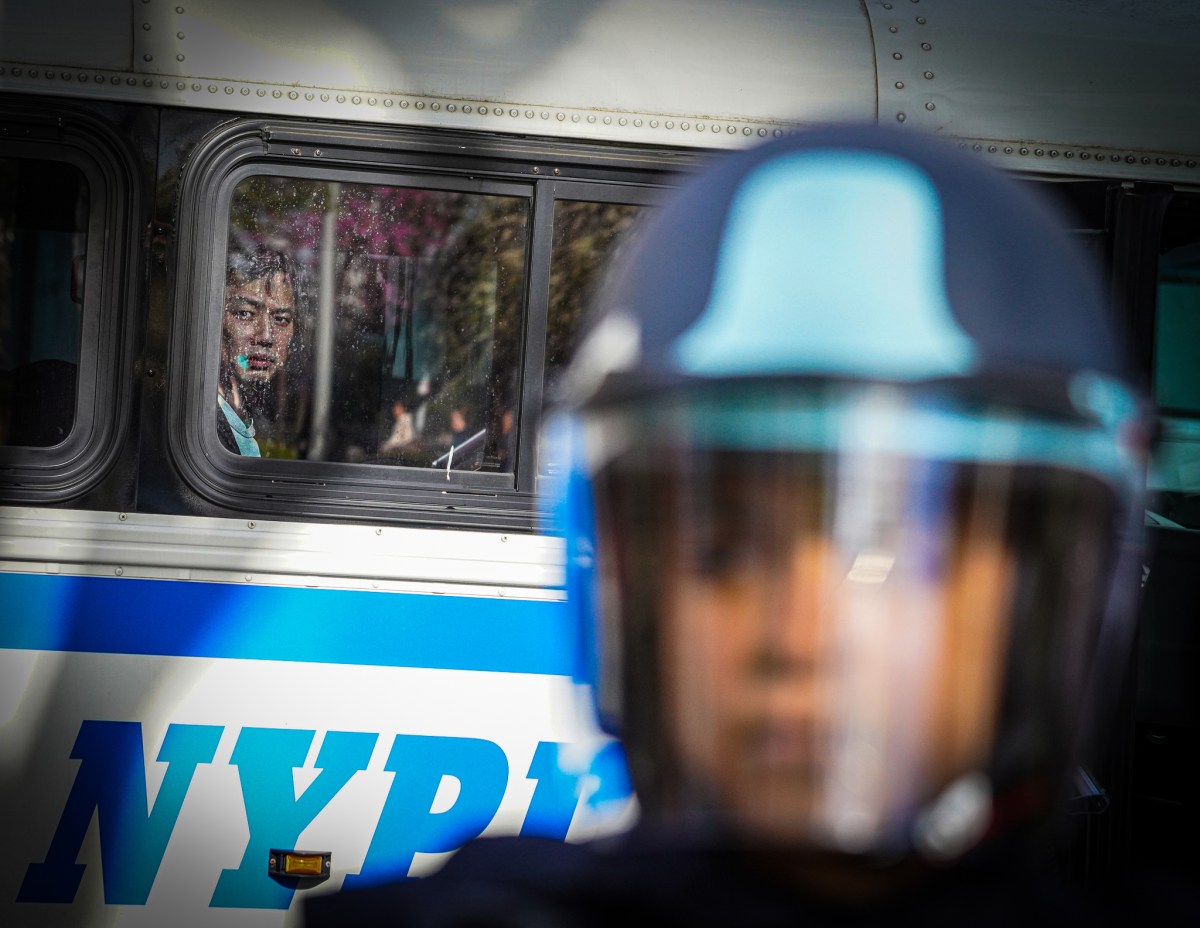WASHINGTON – The Pentagon replaced its top general in Afghanistan on Monday as President Barack Obama tries to turn around a stalemated war.
Defence Secretary Robert Gates said he asked for the resignation of Gen. David McKiernan. Gates said new leadership is needed as the Obama administration launches its strategy in the seven-year-old campaign.
The change is aimed at “getting fresh thinking, fresh eyes on the problem,” Gates told a Pentagon news conference.
The move comes as more than 21,000 additional U.S. forces begin to arrive in Afghanistan, dispatched by Obama to confront the Taliban more forcefully this spring and summer.
Replacing McKiernan will be Lt. Gen. Stanley McChrystal, who has had a top administrative job at the Joint Chiefs of Staff for less than a year. He is a former commander of the Joint Special Operations Command.
McKiernan held the command in Afghanistan for about 11 months.
Gates recommended to Obama that McChrystal be nominated for the top job and that Lt. Gen. David M. Rodriguez be McChrystal’s deputy. He urged the Senate to confirm the two quickly.
Obama had approved 17,000 additional combat forces for Afghanistan this year, plus 4,000 trainers and other non-combat troops. By year’s end, the United States will have more than 68,000 troops in the sprawling country – about double the total at the end of Bush’s presidency but still far fewer than the approximately 130,000 still in Iraq.
McKiernan and other U.S. commanders have said resources they need in Afghanistan are tied up in Iraq.
Asked if McKiernan’s resignation ends his military career, Gates said, “Probably.”
Gates visited Afghanistan last week to see firsthand what preparations and plans are under way to set the president’s counterinsurgency strategy in motion.
“As I have said many times before, very few of these problems can be solved by military means alone,” Gates said Monday. “And yet, from the military perspective, we can and must do better.”
He noted that the Afghan campaign has long been shortchanged of the people and money needed in favour of the Bush administration’s focus since 2003 on the Iraq war.
“But I believe, resources or no, that our mission there requires new thinking and new approaches from our military leaders,” he said. “Today we have a new policy set by our new president. We have a new strategy, a new mission, and a new ambassador. I believe that new military leadership also is needed.”
In June 2006 McChrystal was congratulated by then-president George W. Bush for his role in the operation that killed Abu Musab al-Zarqawi, the leader of al-Qaida in Iraq. As head of the special operations command, his forces included the Army’s clandestine counterterrorism unit, Delta Force.
McChrystal also came under fire for his role in the furor surrounding the friendly fire shooting of Army Ranger Pat Tillman – a former NFL star – in Afghanistan. An investigation at the time found that he was “accountable for the inaccurate and misleading assertions” contained in papers recommending that Tillman get a Silver Star award.
McChrystal acknowledged he had suspected several days prior to approving the Silver Star citation that Tillman may have died by fratricide, rather than enemy fire. He sent a memo to military leaders warning them of that, even as they were approving Tillman’s Silver Star. He told investigators that he believed Tillman deserved the award.
The Army overruled a Pentagon recommendation that he be held accountable for his actions.
















